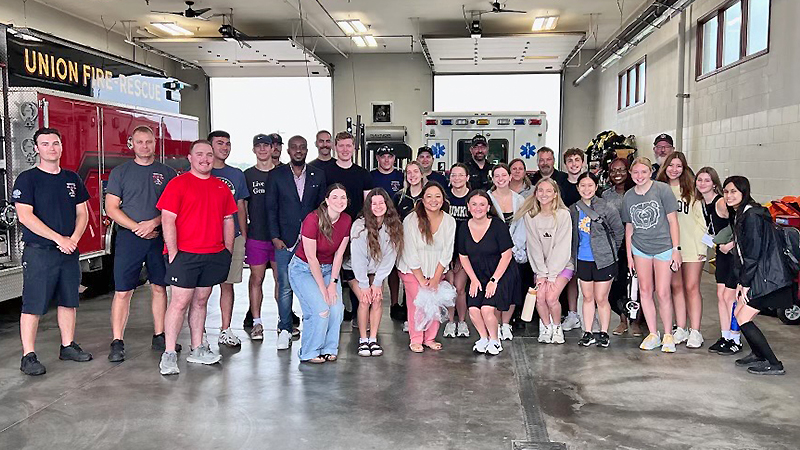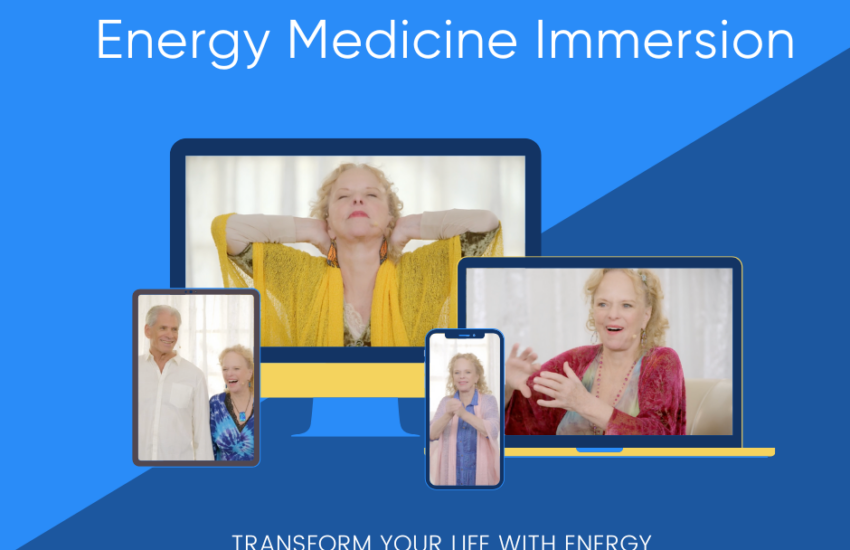Medizin Immersion: A Transformative Experience in Healthcare Education
Medizin Immersion programs are becoming increasingly essential in the field of healthcare education. These programs offer students practical, hands-on experiences that deepen their understanding of medical practices and enhance their skills. By immersing themselves in real-world settings, students can apply their knowledge and gain insights that are often unattainable through traditional classroom learning.
The Importance of Hands-On Experience in Medizin Immersion
Hands-on experience is a cornerstone of effective medizin education, particularly in immersion programs. Students are exposed to clinical environments where they can interact with patients, participate in procedures, and observe healthcare professionals in action. This exposure not only boosts their confidence but also provides a comprehensive understanding of patient care. For example, when students are involved in treating patients in rural areas, they gain a unique perspective on the challenges and opportunities within community healthcare.
Experiential Learning: Bridging Theory and Practice
Experiential learning is a key component of medizin immersion programs. Students learn by doing, which enhances retention and application of knowledge. Through participation in real-life scenarios, they develop critical thinking skills and learn how to respond swiftly and effectively to patient needs. For instance, during one immersion session, a group of medical students participated in a mobile clinic providing services in underprivileged areas. This involvement helped them understand the social determinants of health and the importance of accessibility in healthcare services.

The Benefits of Rural Immersion Programs
Rural immersion programs offer unique opportunities that urban settings cannot provide. Students often encounter diverse patient populations and various health issues, which broadens their understanding of medicine. These experiences can be incredibly educational, offering students valuable lessons in empathy as they witness the realities of healthcare in different socioeconomic settings. By stepping outside their comfort zones, students become more adaptable and culturally competent practitioners prepared to serve diverse communities.
Building Essential Skills Through Immersion
Another significant advantage ofmedizin immersion is the skill development aspect. These programs focus on cultivating essential skills such as communication, teamwork, and professionalism—all vital attributes in the medical field. Through regular interactions with mentors and healthcare teams, students refine their interpersonal skills, which are crucial for effective patient interactions and collaboration with other healthcare professionals.
Effective Communication in Patient Care
Effective communication is central to successful patient care. In medizin immersion programs, participants engage directly with patients, helping them to practice the art of clear and compassionate dialogue. This direct interaction is essential for understanding patients’ concerns and conveying important health information. Training in communication not only enhances patient satisfaction but also contributes to better health outcomes, as patients who understand their treatment options are more likely to adhere to prescribed plans.
Collaboration with Healthcare Teams
Immersion in medical settings allows students to witness and participate in interdisciplinary team dynamics. They learn how various healthcare professionals work collaboratively to provide comprehensive care. By shadowing and interacting with physicians, nurses, social workers, and other specialists, students gain insights into each role’s contribution within a healthcare team. This experience reinforces the importance of teamwork and prepares students for future practices in an increasingly collaborative healthcare environment.

Overcoming Challenges in Medicine Education
Participating in medizin immersion can also help students confront and overcome the inherent challenges of medical practice. Immersion experiences often pose real-life dilemmas where students must navigate ethical decisions, time constraints, and high-pressure situations. These challenges cultivate resilience and critical thinking, equipping students with the skills needed to handle complex healthcare scenarios.
Ethical Considerations in Patient Care
Encountering ethical dilemmas during immersion can be daunting, yet these situations provide crucial learning opportunities. Students might face choices relating to patient consent, confidentiality, or resource allocation, requiring them to weigh their options carefully. Engaging in discussions about these cases with mentors allows students to understand the ethical frameworks that guide decision-making in medicine, promoting a conscious approach to their future practice.
Managing Stress and Burnout
Medical education is notorious for its high-stress levels and the potential for burnout. However, immersing students in real healthcare environments allows them to develop coping strategies. Through this exposure, they learn to prioritize self-care and implement stress management techniques. Programs often incorporate wellness sessions, encouraging students to reflect on their experiences and support one another through difficult situations, fostering a sense of community and resilience.
Conclusion: Embracing the Future of Medicine through Immersion
Medizin immersion programs provide incredible opportunities for aspiring healthcare professionals. By combining hands-on experiences with academic knowledge, students emerge as more capable, empathetic, and insightful practitioners. As these programs evolve and expand, they will continue to shape the future of healthcare education, ensuring that students are prepared to meet the diverse needs of patients throughout their careers.
Key Takeaways
- Medizin immersion programs enhance practical skills and knowledge through real-life medical experiences.
- These experiences foster effective communication and teamwork, crucial for patient care.
- Challenges encountered during immersion help develop resilience and ethical decision-making skills.
- Rural medical settings offer diverse perspectives that are essential for comprehensive healthcare education.
- Students gain confidence and adaptability by stepping out of their comfort zones.
FAQ
1. What is medizin immersion?
Medizin immersion refers to educational programs that allow students to engage in hands-on, real-world medical experiences. These programs aim to bridge the gap between theoretical knowledge and practical application, preparing students for successful careers in healthcare.
2. How does medical immersion benefit students?
Medical immersion benefits students by providing them with experiential learning opportunities that enhance their clinical skills, communication, and understanding of healthcare delivery in diverse settings, promoting both personal and professional growth.
3. Are there specific challenges students face during immersion?
Yes, students often encounter ethical dilemmas, high-pressure situations, and diverse patient needs that challenge their problem-solving abilities and resilience, serving as valuable learning experiences essential for their future practice.
4. Why is ethical decision-making important in medical education?
Ethical decision-making is crucial in medical education, as students must navigate complex situations involving patient care, confidentiality, and resource allocation. Learning to make informed ethical choices prepares them for the moral responsibilities of healthcare professionals.
5. How can students manage stress during their medical training?
Students can manage stress during их training through self-care practices, peer support, time management strategies, and by developing coping mechanisms for the challenges faced in clinical environments.
